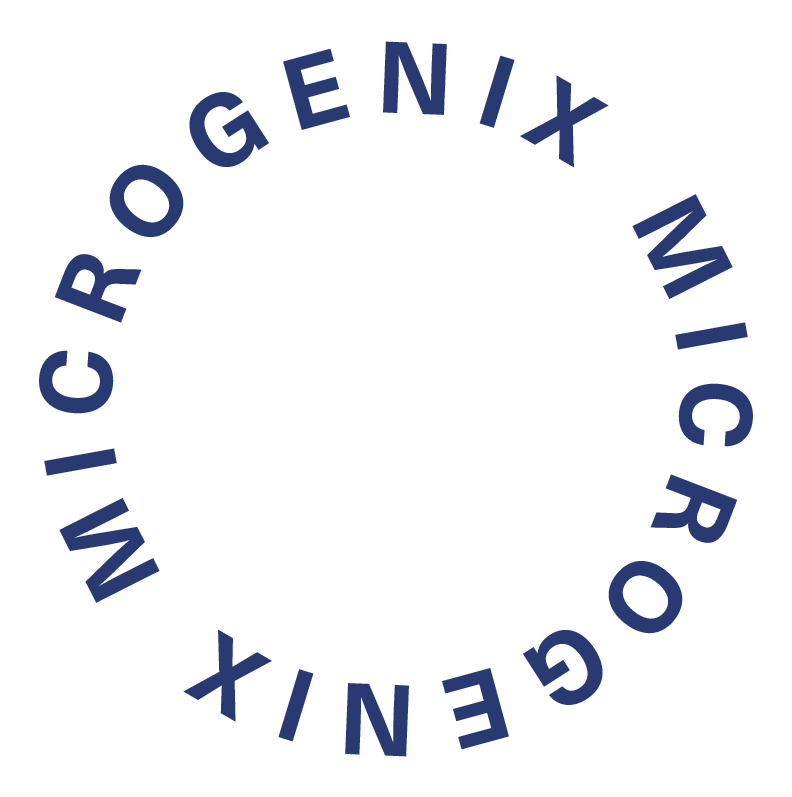Blog
Could Fungi be Hungry to End Plastic Pollution?
As mushrooms maintain their position as the poster child of all things wellness, it has come to the public’s attention that mushrooms may not only improve human health in modern society, but also preserve the health and well-being of the earth we inhabit.
In recent years, the internet has been flooding with news and entertainment related to fungi. From groundbreaking studies highlighting the mental health benefits of psilocybin to the popular TV series “The Last of Us” sparking curiosity about the undiscovered potential of fungi, there is no shortage of interest and/or speculation out there when it comes to the distinct power of mushrooms.
However, even with all of the attention, recent discoveries about the abilities of fungi have found a way to shock us yet again.
Canadians are said to throw away over 3 million tonnes of plastic each year. Without requiring much explanation, this number defines a major environmental problem. Although more businesses have begun prioritizing eco-friendly packages, the vast majority of plastic waste is a result of one time use product packages.
Plastic pollution has been a steady and ongoing issue for a number of years, leading pollution researchers to seek out urgent measures to mitigate a daunting issue — one that could ultimately result in the planet’s demise if unresolved.
Within the urgency of knowing that plastic pollution must be slowed, researchers have discovered something groundbreaking: Mushrooms Eating Plastic.
This is seemingly not a fresh discovery though, as researchers at Yale University began analyzing certain types of fungi from the Pestalotiopsis family back in 2011 for this exact purpose. Within the Yale-conducted research, it was discovered that certain types of fungi had the ability to break down and convert polyurethane, a common form of plastic, into organic matter in both oxygenated and oxygen-free environments.
The mushroom in question, Pestalotiopsis Microspora, was discovered by Yale researchers on a research trip in Ecuador in 2011. The mushroom is a rare form of fungi, and can use polyurethane as its sole carbon source. What this means is that the mushroom, Pestalotiopsis Microspora, has the ability to survive and grow by consuming the common plastic without needing any other nutrients for it to survive.
Though the exact timespan is up to a variety of factors, In general, it can take hundreds of years for polyurethane to degrade on its own in the environment. When researchers measured the rate at which the rare fungi could decompose the same matter, a significant clearance of the plastic material was documented after only two weeks.
It doesn’t all end with Yale’s enticing discoveries, though. Researchers from the University of Sydney have discovered that two strains of fungi, Aspergillus terreus and Engyodontium album, can begin to break down polypropylene, a widely-used thermoplastic that naturally takes hundreds of years to decompose, in a matter of weeks.
Polypropylene is notoriously difficult to break down and has a low recycling rate of just 1%, making it a significant contributor to plastic pollution in our environment. Within the research conducted at the University of Sydney, researchers found that the two forms of fungi were able to break the plastic down completely in 140 days upon being exposed to UV light or heat.
Discoveries such as these may be the starting point for developing new and sustainable methods for plastic waste management.
While this remains an area of research that requires further investigation, studies have clearly uncovered that certain types of fungi may effectively decompose the same plastics that are a major contributor to environmental pollution.
Sources:
https://journals.asm.org/doi/full/10.1128/aem.00521-11
https://www.sciencedirect.com/science/article/abs/pii/S0269749117300295?via%3Dihub




